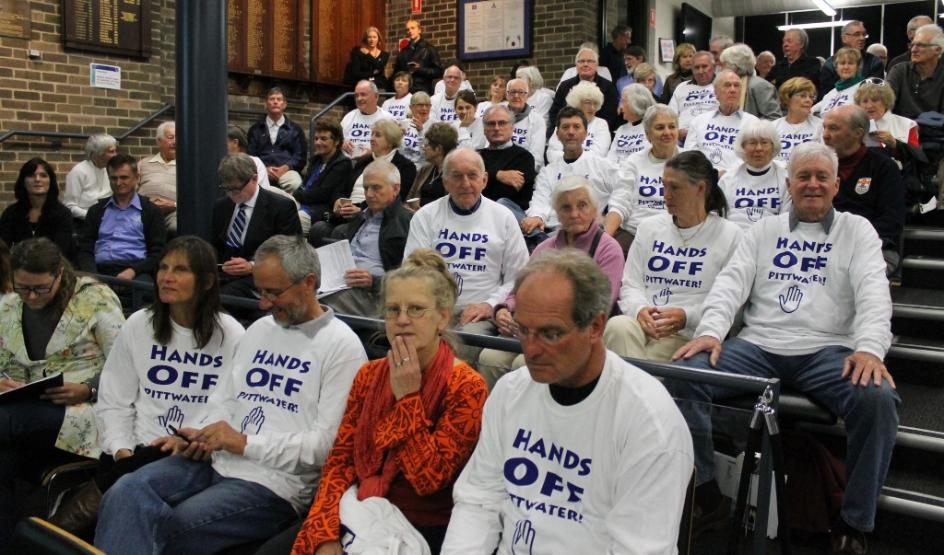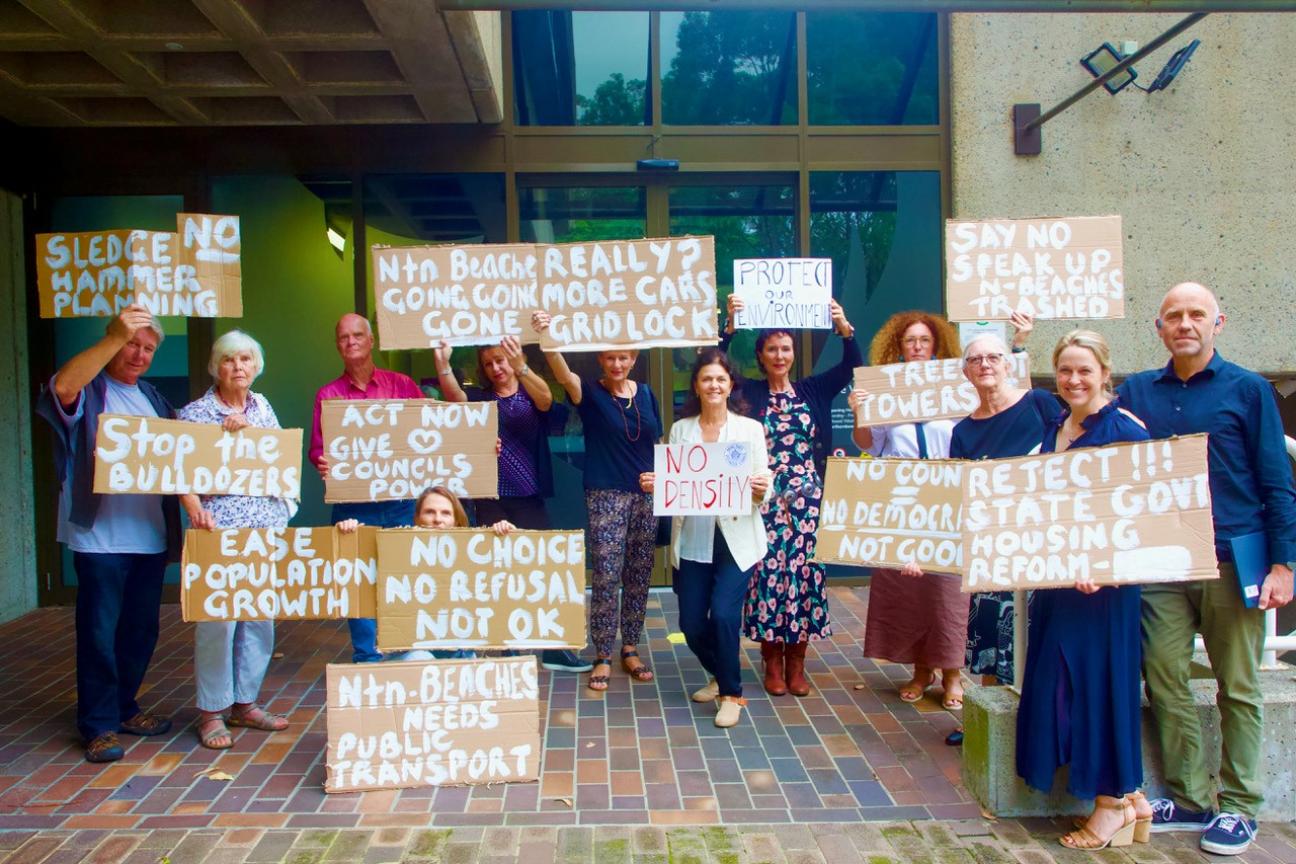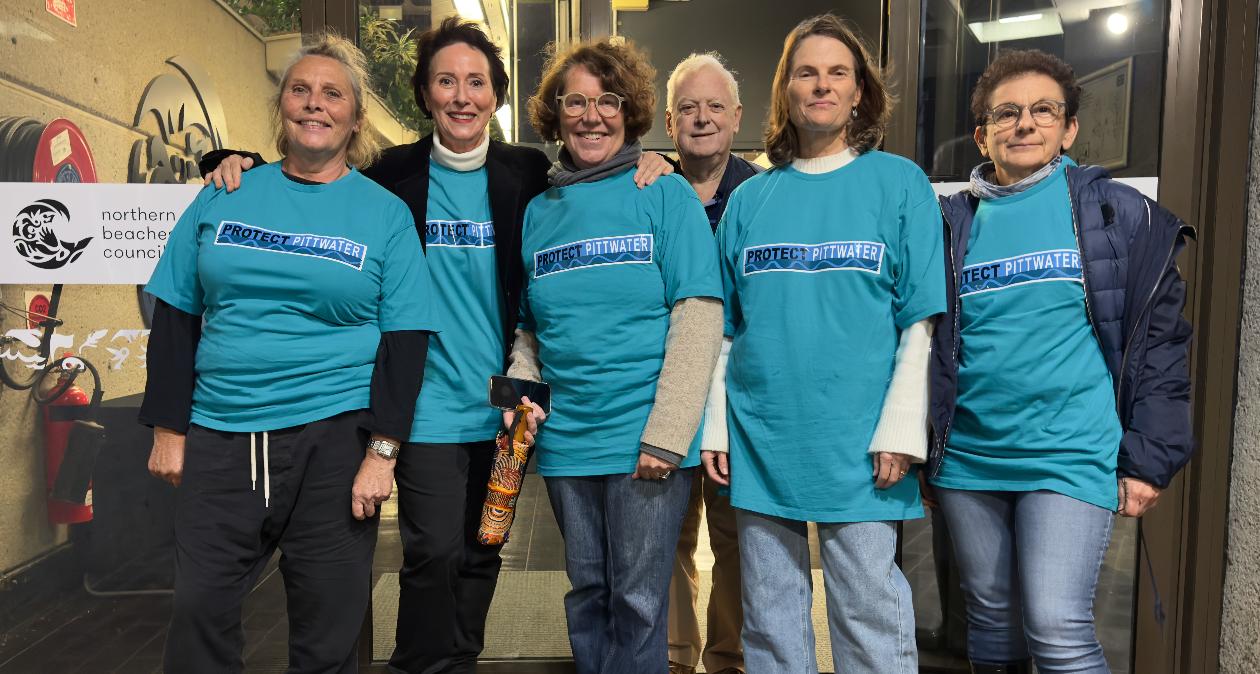Council meetings: new rules Will End the Public Forum Address
Residents who attended or watched online the October 21 2025 will have noticed that in both the Public Forum and Public Address (speaking to an Item tabled in the Agenda) only 2 speakers were not members of a political party, speaking to publicise their party's beliefs, or lobbyist groups.
In recent months residents have seen both the Public Forum and Public Address opportunities being used by members of political parties or lobbyist groups to express their opinions, and are becoming increasingly irate these are being excised in this way.
This is also raising questions about where it is appropriate for unelected politicians or political aspirants to be seen and heard, and whether, in swallowing all the air in the room, speakers are leaving any time for others.
At present the council has a limit of four speakers per agenda item in the Public Address part of each meeting:
- two ‘for’ (in support of) the recommendation in the report, and
- two ‘against’ (not in support of) the recommendation in the report.
The council is currently inviting the community to comment on proposed changes to the way council meetings are held, following recent rule updates by the NSW Government.
- Preventing councils from holding private councillor briefing sessions to discuss matters that should be considered in the public domain at committee and council meetings (unless they are confidential)
- Encouraging councils to hold public forums preferably before committee meetings, or if they choose council meetings, to enable community engagement in local matters
- Expanding the powers of the mayor to remove councillors from meetings for acts of disorder
- Expanding the powers of the mayor to remove members of the public if they disrupt council meetings
- Requiring information considered at closed meetings to be made public after it ceases to be confidential
- Requiring councils to give reasons when making decisions on planning matters that depart from staff recommendations (as recommended by ICAC)
- Promoting neutrality in the role of the general manager
- Requiring council and committee meetings to be live streamed to give the community and media access to council decision making, and to require those videos to be public for at least the rest of the council term, or 12 months in the case of a meeting in an election year
- The restrictions on mayoral minutes under the previous code have been removed. A mayoral minute may be put to a meeting without notice on any matter or topic that the mayor determines should be considered at the meeting
- Rules of debate: Councils will no longer have the option of reducing the duration of speeches to less than 5 minutes. However, councils continue to have other options to expedite business at meetings such as moving that a motion be put where the necessary conditions have been satisfied and to resolve to deal with items by exception
The changes are part of a new Model Code of Meeting Practice which NSW councils must adopt by December 31 2025.
The council states some of the mandatory changes made by the NSW Government are:
- limitations on councillors attending a meeting by audio-visual link
- a ban on briefings of agenda items
- public forums may not be held as part of the council meeting for hearing submissions on items of business on the agenda for the meeting
- members of the public must not display signs or protest symbols
Although the council has stated the Public Forum Item of the NSW Office of Local Government's
Model Code of Meeting Practice for Local Councils in NSW for 2025 may not be held as part of a council meeting, they can still be held directly before a council meeting.
The document states:
4 Public forums
4.1 The council may hold a public forum prior to meetings of the council and committees of the council for the purpose of hearing oral submissions from members of the public on items of business to be considered at the meeting. Public forums may also be held prior to meetings of other committees of the council.
4.2 The council may determine the rules under which public forums are to be conducted and when they are to be held.
4.3 The provisions of this code requiring the livestreaming of meetings also apply to public forums.
In the governments' FAQ's it is stated:
'The public forum provisions are now mandatory but leave it to councils to determine whether to hold public forums before council and committee meetings'
The council states it has prepared a draft Code of Meeting Practice that reflects the mandatory requirements of the new rules and that it is calling on the NSW government to reconsider some mandatory changes to the way council meetings are held.
“While we commend the NSW government’s aim to bring more order to council meetings, I hope the Minister will listen to us and other councils and reconsider his position on some of the meeting changes,” Mayor Heins said.
“As councillors, we value democracy and hearing from our community, and we are keen to continue to support the provision of a public forum.”
The council states it is proposing to host a public forum on items on the agenda a week before the Council meeting, rather than before a council meeting, and to provide public access to the meeting papers 2 weeks before.
The council has stated the forum will be live streamed, as is required, and asserts in the agenda for the October 2025 meeting that Re: 'Public forum and address' - 'the NSW Government’s position that the primary purpose of a council meeting is to make strategic decisions relating to the business of the council'.
However, that will not allow for late Items added to meeting agendas to be addressed by residents.
Similarly, as a platform to be used solely for Items in meeting Agendas, although the Public Address component would be retained, the actual Public Forum element that now precedes that is not part of any future model at this stage.
Similarly, all councillors were to be limited to speeches of two minutes during the meetings, unless they had proposed a Motion. A ban on photography during meetings would also be extended to before and after, “whilst in the vicinity of the meeting location”.
“Cutting speeches to two minutes might be a great relief for some, but the loss of those 150 words might prevent someone from explaining the intricacies of a complicated issue or describing a particularly pertinent example.'' Cr. Korzy said last year
“Meetings often run from 6pm to 11.30pm, with many of us arriving home well after midnight, and I would dearly love to see them shorter. We’re all aware they deteriorate after about 9pm with participants getting tired, niggling at each other across the floor and losing concentration.
“However, the proposed solution, based on the idea of making meetings more efficient, will add to the slow curtailment of democratic debate.
“The root of the problem is that the council unavoidably has too much business on its agenda, due to its size since the forced amalgamation....”
Councillor Korzy stated last year it would better if there two council meetings each month to allow for both residents views to be heard prior to a meeting and for all items on an agenda to be discussed and dealt with by councillors. This week she has reiterated that, stating:
''I applaud our CEO for his recommendation to set a hard time limit for council meetings of 10.30pm. This is an OH&S issue. I believe a five and a half hour meeting, finishing at 11.30 at night, with only a 10 minute break, does not encourage good decision making.
But this creates a dilemma for us regarding the format of meetings. With our current public address/public forum taking up about an hour at the start of meetings, staff are suggesting distributing council papers two weeks before meetings and a new “public forum” to be held in a separate meeting, the Tuesday before our council meeting.
We could then potentially host other meetings, perhaps ward based, at other times where residents can relay their general concerns to councillors and staff.
However, I don’t support this format. Whilst we are forced to hold the public forum as a separate meeting, I believe this should be done on the same night as the rest of the meeting.
Otherwise, speeches by members of the community will be less present in the minds of councillors at the time of the vote the following week.
Consequently, I would like to see council meetings held twice a month, with the forum run beforehand.
I’m also not a fan of the government's proposal allowing mayors to eject councillors and dock pay for code contraventions. While I trust our Mayor, a full council vote on such issues would provide a safeguard.
I’ve only touched on a few of the issues at stake here but encourage all residents to have their say on this new code.''
Although some and previous Councillors have been calling for years for two council meetings each month in order to adequately deal with every Item listed rather than seeing these bounced over to the following month - especially those Items of import to the community - the once a month meeting and the bouncing forward persists.
At the October 2025 Meeting the Item for commencing the North Narrabeen surf club upgrades tender was bounced - not heard, not decided. However, new seating for the theatre at Belrose and a Roof Membrane Upgrade and Associated Works at Dee Why Civic Centre, did get passed.
The 2024 proposed meeting changes was the second time the Northern Beaches Council had sought to limit the Public Forum that opens each Meeting where residents may speak to Motions or Items (Public Address) or present insights into matters directly impacting them and the community (Public Forum).
At the February 27 2018 Meeting the council's then draft Meeting Code proposed abolishing the Public Forum but would still include the Public Address. Then it was proposed that, if the draft Code of Meeting Practice was adopted, the Public Forum would continue as a separate community meeting held five times a year in venues rotating across the region and not be part of the council meetings.
At that Meeting, amendments moved and seconded by Councillors meant the Vox populi would persist.
On Thursday the council released a statement about its latest proposal, referring to the changes as from the State Government level.
Mayor Sue Heins said the council is committed to ensuring the community continues to have a voice in local decision-making.
“We know how important it is for our community to be heard. While the new rules mean public forums can no longer be held during council meetings, the draft Code proposal ensures residents can still share their views,” Mayor Heins said.
“This is in addition to the range of other ways the community can connect with council such as by contacting councillors directly, engaging in public consultation opportunities and responding to projects through the public exhibition process that is reported to council meetings.''
“In the meantime, I encourage our community to review the draft Code and provide feedback.”
How to review the council document
The draft 2025 Model Meeting Code has 3 elements:
- mandatory provisions (indicated in black font)
- non-mandatory provisions* (indicated in red font) covering areas of meeting practice that are common to most councils
- bespoke changes (indicated in green font) – e.g. where there may be a need for some variation in practice between councils based on local circumstances.
*Recommended non-mandatory provisions operate to set a benchmark based on what the OLG sees as best practice for the relevant area of practice.
Under Appendix 1 the council's document on Public Forum lists, among its items, Speakers may not make defamatory statements, which have been a part of this platform in the last few ordinary council meetings, but no provision for residents being allowed to own this platform, or for this to be continued to be used by political aspirants, has been made.
Appendix 1 lists, among other items:
A1.6 To speak at a public forum, a person must first make an application to the Council in the approved form. Applications to speak open when the business papers are published and must be received by 5pm on the business day prior to the date on which the public forum is to be held. Applications must identify the item of business on the agenda of the Council meeting the person wishes to speak on, and whether they wish to speak ‘for’ or ‘against’ the item.
Note: The Chief Executive Officer or their delegate may refuse an application to speak at a public forum where the application does not meet the outlined requirements or there is a genuine and demonstrable concern relating to the applicant or their dealings with the Council or their intentions.
A1.7 To speak at a public forum, a speaker must attend in person.
A1.8 Legal representatives acting on behalf of others must identify their status as a legal representative when applying to speak.
A1.11 Speakers must not digress from the item of business on which they applied to speak. If a speaker digresses to irrelevant matters, the chairperson is to direct the speaker not to do so. If the speaker fails to observe a direction from the chairperson, the chairperson may immediately require the person to stop speaking and they will not be further heard.
A1.12 A public forum should not be used to raise questions or complaints. Such matters should be forwarded in writing to the council where they will be responded to by appropriate council officers.
“The council chamber should be a place of dignity, where debate and decision making takes place in full view of the community.
“Making decisions on behalf of communities is the very role of a councillor, and all councillors should never lose sight of this core responsibility.
“These changes should ensure that, in a council chamber or committee meeting, mechanisms are in place to prevent the derailing of meetings and overshadowing the important work of local government.
“Council and committee meetings must be effective, transparent and genuine, and strive for outcomes to benefit the community.
“Under the new code, mayors should be given the power to take immediate action against disorderly councillors. This should lessen the need for councils to resort to the broken code of conduct process and instead address misbehaviour immediately in the council chamber.
“I know not everyone will agree with these changes, but most people in this state would agree action is necessary to improve transparency, increase community confidence and faith in local government.
“They will make councillors more visibly in control of their councils to ensure they – as democratically elected representatives of their communities – drive the vision for their local area.”
The NBC's draft Code of Meeting Practice will be on public exhibition from 24 October
to 4 December 2025. Community members can view the proposal and make a response via Council’s Your Say webpage for this consultation.
Warringah Council chambers in 2014 when Pittwater was telling Warringah and the State Government to keep its hands off Pittwater - will there soon be a ban on mass t-shirt wearing too?
Pittwater Residents at the February 2024 Meeting making their views known about state government plans to overrule Pittwater's LEP and DCP. Photo supplied
Some of the residents of Pittwater who attended a council meeting in support of a demerger poll at the May 2024 Meeting. Photo supplied


